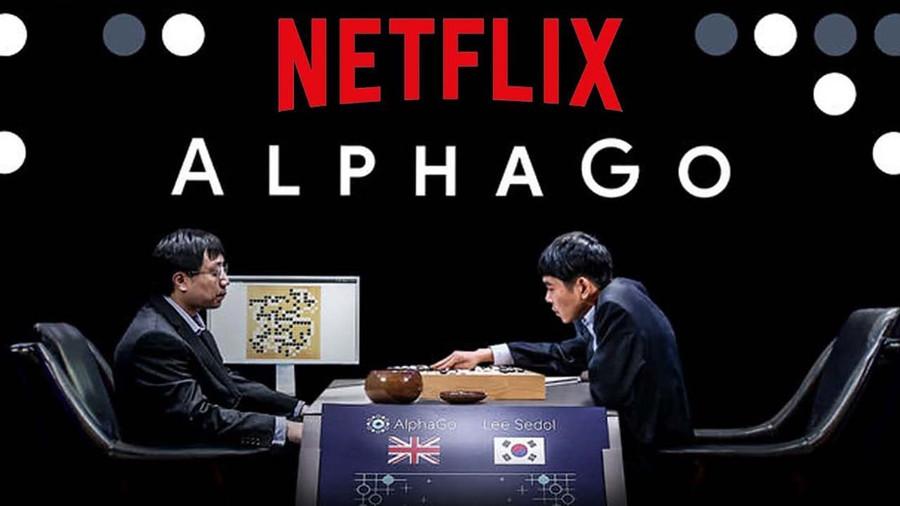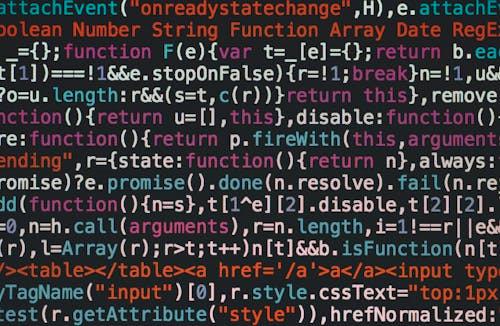How rewards teach reinforcement learning agents to behave
Curated from: thenextweb.com
Ideas, facts & insights covering these topics:
4 ideas
·153 reads
4
Explore the World's Best Ideas
Join today and uncover 100+ curated journeys from 50+ topics. Unlock access to our mobile app with extensive features.
Reinforcement Learning
In reinforcement learning (RL), a software agent learns through trial and error. When it takes the desired action, the model receives a reward.
Over time, the agent works out how to execute the task to optimize its reward.
The technique can be applied to a vast array of tasks, from controlling autonomous vehicles to improving energy efficiency. But its most celebrated achievements have come in the world of games.
10
81 reads
The AlphaGo Milestone
In March 2016, the Reinforcement Learning technique had a landmark moment.
A DeepMind system called AlphaGo became the first computer program to defeat a world champion in Go, a famously complex board game.
The victory was reportedly watched by over 200 million people.
AlphaGo learns the game from scratch by playing against different versions of itself thousands of times, incrementally learning through a process of trial and error, known as reinforcement learning. This means it is free to learn the game for itself, unconstrained by orthodox thinking.
12
23 reads
How a Reward Function Works
In AI systems, the rewards and punishments are calculated mathematically. A self-driving system could receive a -1 when the model hits a wall, and a +1 if it safely passes another car. These signals allow the agent to evaluate its performance.
The algorithm then learns through trial and error to maximize the reward — and ultimately, complete the task in the most desirable manner.
10
24 reads
The Bottom Line
There are still major challenges to overcome. RL agents struggle to maximize rewards in complex environments and assess the long-term repercussions of their actions. Nonetheless, the reward-is-enough proponents believe the algorithms’ adaptability could pave a path to AGI.
10
25 reads
IDEAS CURATED BY
Theodore H.'s ideas are part of this journey:
Learn more about artificialintelligence with this collection
Understanding machine learning models
Improving data analysis and decision-making
How Google uses logic in machine learning
Related collections
Similar ideas
7 ideas
Computers Evolve a New Path Toward Human Intelligence
quantamagazine.org
4 ideas
Happiness: why learning, not rewards, may be the key – new research
theconversation.com
18 ideas
How Search Engines Use Machine Learning: 9 Things We Know For Sure
searchenginejournal.com
Read & Learn
20x Faster
without
deepstash
with
deepstash
with
deepstash
Personalized microlearning
—
100+ Learning Journeys
—
Access to 200,000+ ideas
—
Access to the mobile app
—
Unlimited idea saving
—
—
Unlimited history
—
—
Unlimited listening to ideas
—
—
Downloading & offline access
—
—
Supercharge your mind with one idea per day
Enter your email and spend 1 minute every day to learn something new.
I agree to receive email updates




